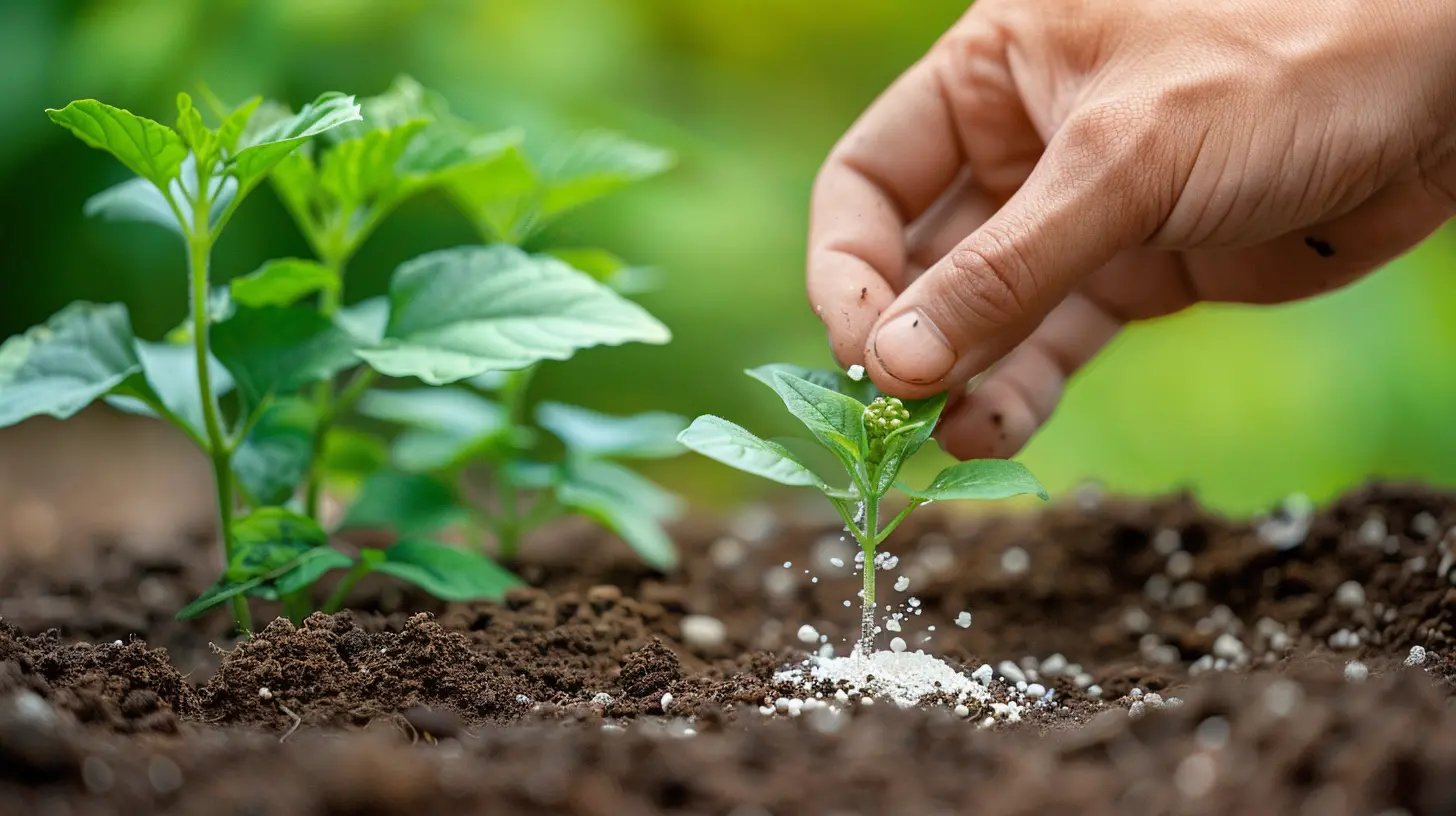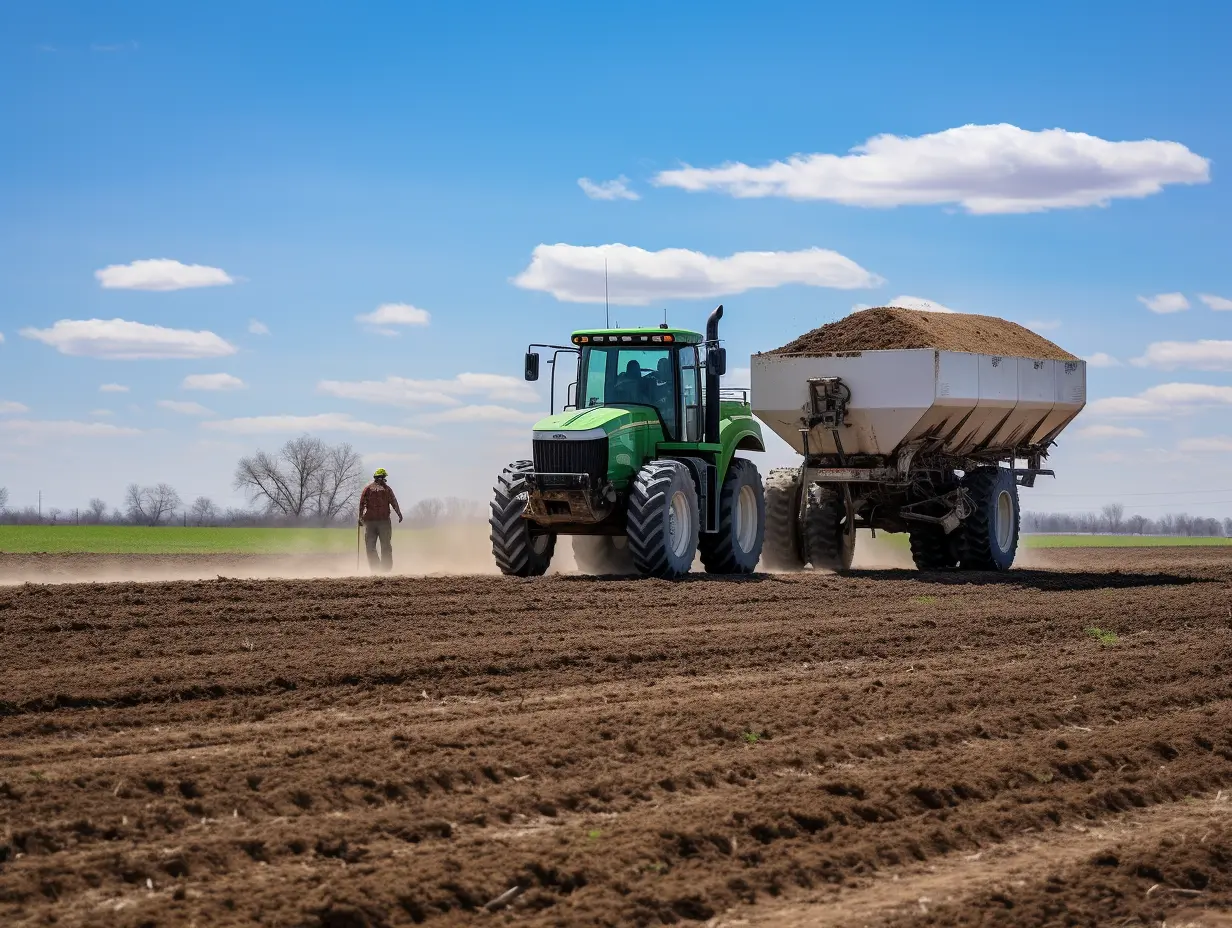
Potassium chloride granular fertilizer is a highly efficient nitrogen fertilizer widely used in agricultural production. Its main component is potassium chloride (KCl), which provides plants with the necessary potassium element, which plays an important role in promoting plant photosynthesis, improving water use efficiency and enhancing disease resistance.
The right time of application is crucial to the effectiveness of potassium chloride granules. Generally speaking, the best time is to apply it at the key stages of crop growth (such as germination, heading and filling). In addition, before application, soil test results should be referred to determine the potassium supply status in order to formulate a reasonable fertilization plan.
The application amount of potassium chloride granular fertilizer will vary according to the needs of different crop growth. Generally, 10-20 kg per mu is appropriate. The application method can be basal application, topdressing or combined with irrigation and fertilization. When basal application, it should be fully mixed with the soil, and when topdressing, it is necessary to cover the root area.
The effects of potassium chloride granules may vary under different soil types and climate conditions. In saline-alkali land and sandy soil, the appropriate application of potassium chloride can effectively improve soil structure and increase crop yields. However, in humid climate conditions, excessive application may lead to soil salt accumulation and affect crop growth, so the dosage needs to be carefully controlled.
To optimize the use of potassium chloride granular fertilizer, farmers can refer to the following suggestions: 1. Conduct soil testing regularly; 2. Reasonably arrange fertilization time according to the fertilizer requirements of crops; 3. Combine with other fertilizers and adopt compound fertilization methods to improve fertilizer utilization.
This guide aims to improve farmers' understanding and application of potassium chloride granules and promote sustainable agricultural development. Through the rational application of potassium chloride granules, farmers can effectively improve the yield and quality of crops to meet market demand and increase economic benefits.


